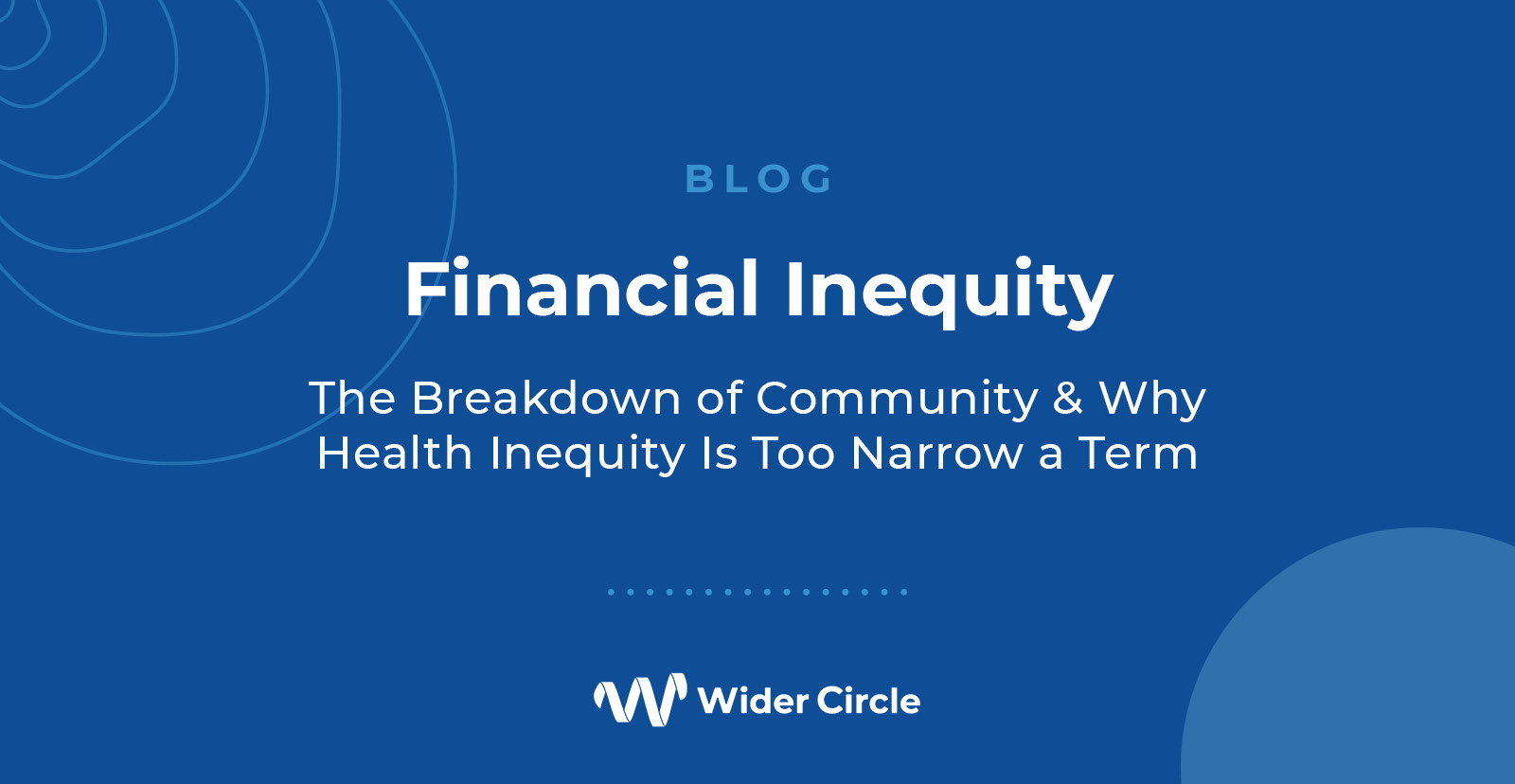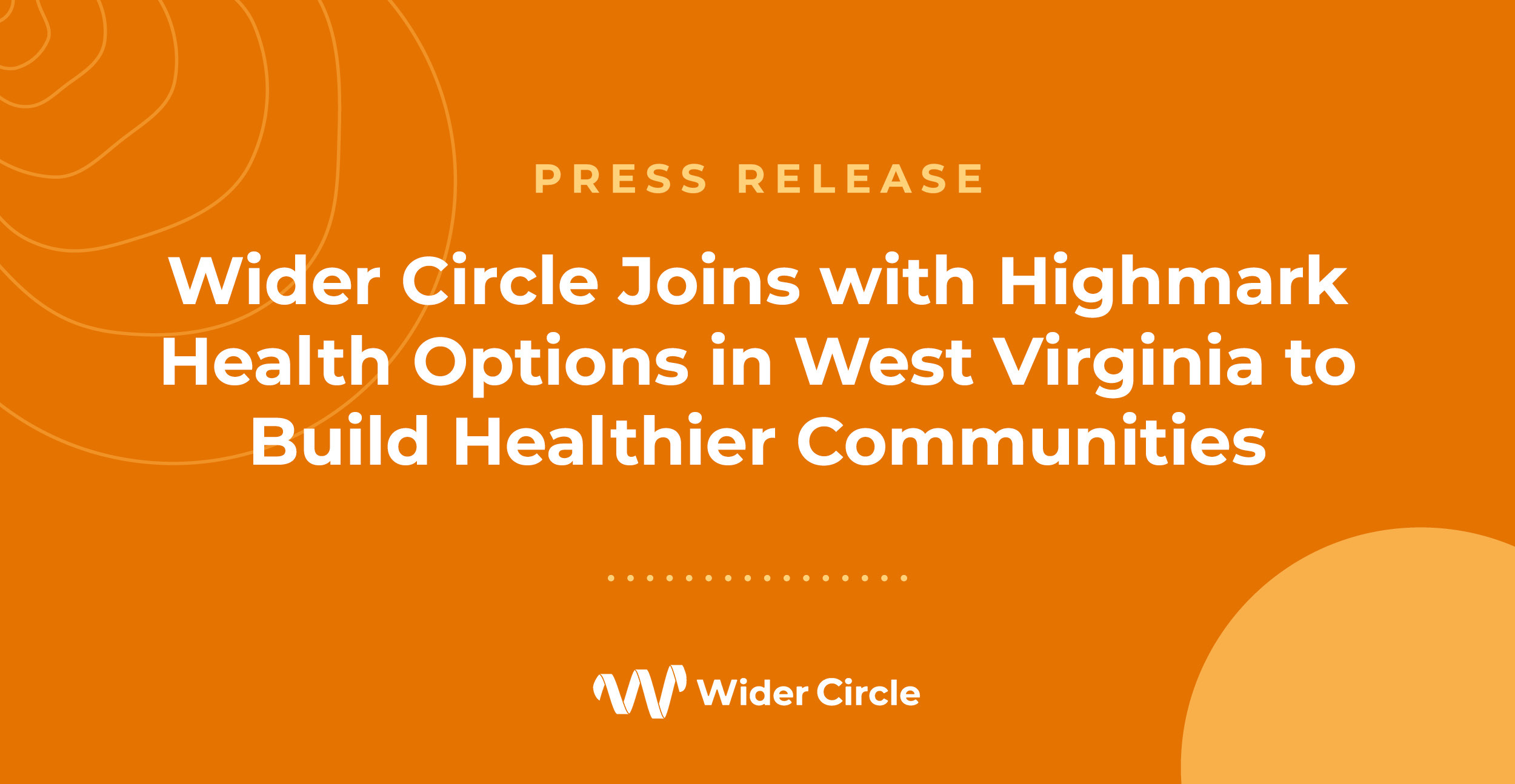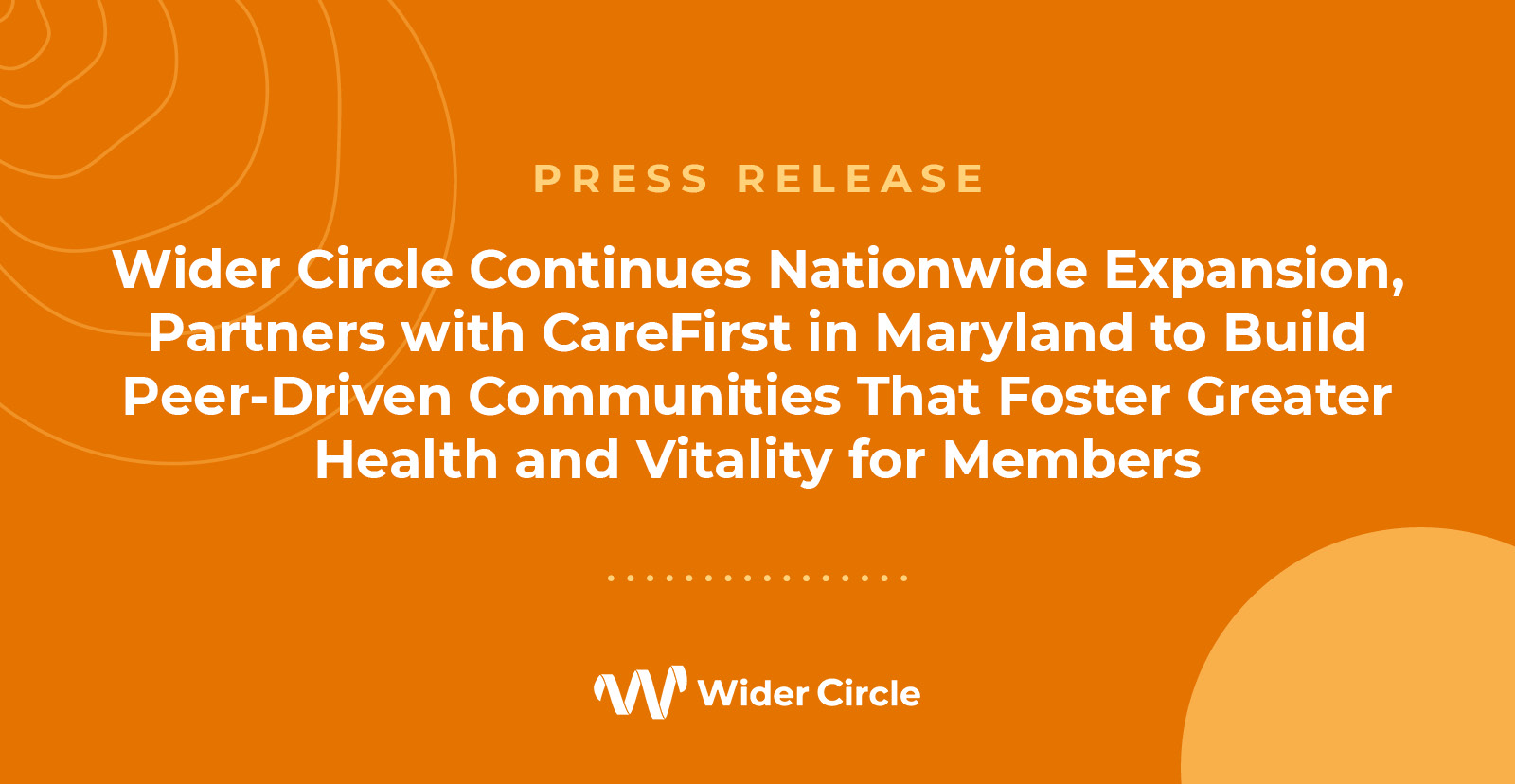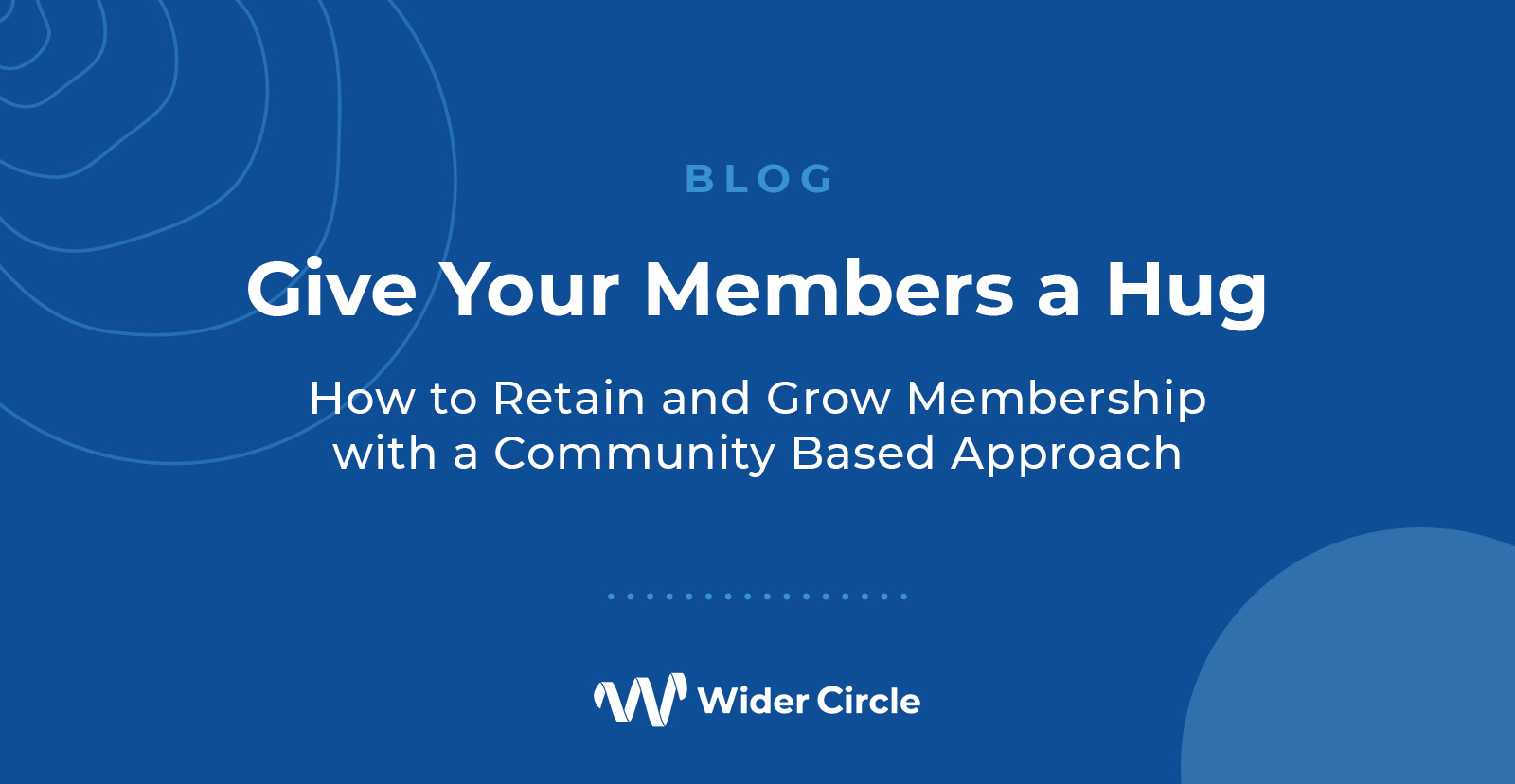
By: Claude Pinnock, MD MPH
Financial inequity is the unequal distribution of wealth, resources, and opportunities amongst different groups of society. The causes of it can be both acute and chronic, and there is a complex interplay between underlying factors: Everything from differences in education, discrimination and bias, historic colonialism and slavery, wage inequality, intergenerational transfer of wealth, globalization, disruption through new technologies and government reforms on tax, can perpetuate a cycle of poverty.
While the U.S. has long promulgated a culture of “pulling oneself up by one’s bootstraps” — and that is absolutely possible — there are clear links between the circumstances of one’s birth, the economic environment it occurs in, and the likelihood of being able to achieve said pull. That, coupled with the culture of rugged individualism in American society, has increased economic division. This leads to societal division, the collapse of communities and, in my general observation, the ability for folks to just be human to one another.
So why am I even writing about this given I work for a healthcare company? Well, while health inequity is a very fashionable term in the industry at the moment, and I’m glad it’s having its time in the spotlight, it is only one part of a much larger issue. As long as there is a culture of the individual over the community, of a system of “winning” that widens financial inequity, there will always be a cycle that perpetuates widening division versus lifting up the prospects of all. Our community fabric is frayed (ironic for a somewhat tribal species), and this has led to conflict, loneliness and, of course, one of many downstream inequities, health disparities.
So what’s the solution? We have to bring “community” back, and not with another app or widget. We need to bring it back to basics, with people. It would be totally fair for some of you to be thinking, “I have neighbors and friends, what’s the big deal? I like people.” But neighborhoods do not actually equal a community. How many neighborhoods do we have where members desire connection with one another, where they are collaborative not divided, where they are activated from within, not from the outside, and ultimately, where they create a foundationally reciprocal relationship to other members within? Speaking for myself, I don’t even know the names of all the people on the floor where I live, much less any of the above. They do exist, but as the exception, not the norm.
Until we as a society come to a place where being part of a community is seen as a basic right versus a privilege, then all these downstream effects like health inequity will never truly tackle the upstream drivers. We won’t have the connections to make another dear friend, to have support in our health, to be the shoulder to cry on, to help find a job or a better place to live, to drive at solutions for these core inequities. We need to restore the community fabric to get to a sustainable way forward.
If you have ideas to restore the community fabric with Claude, feel free to reach out to him and Wider Circle at cpinnock@widercircle.com



